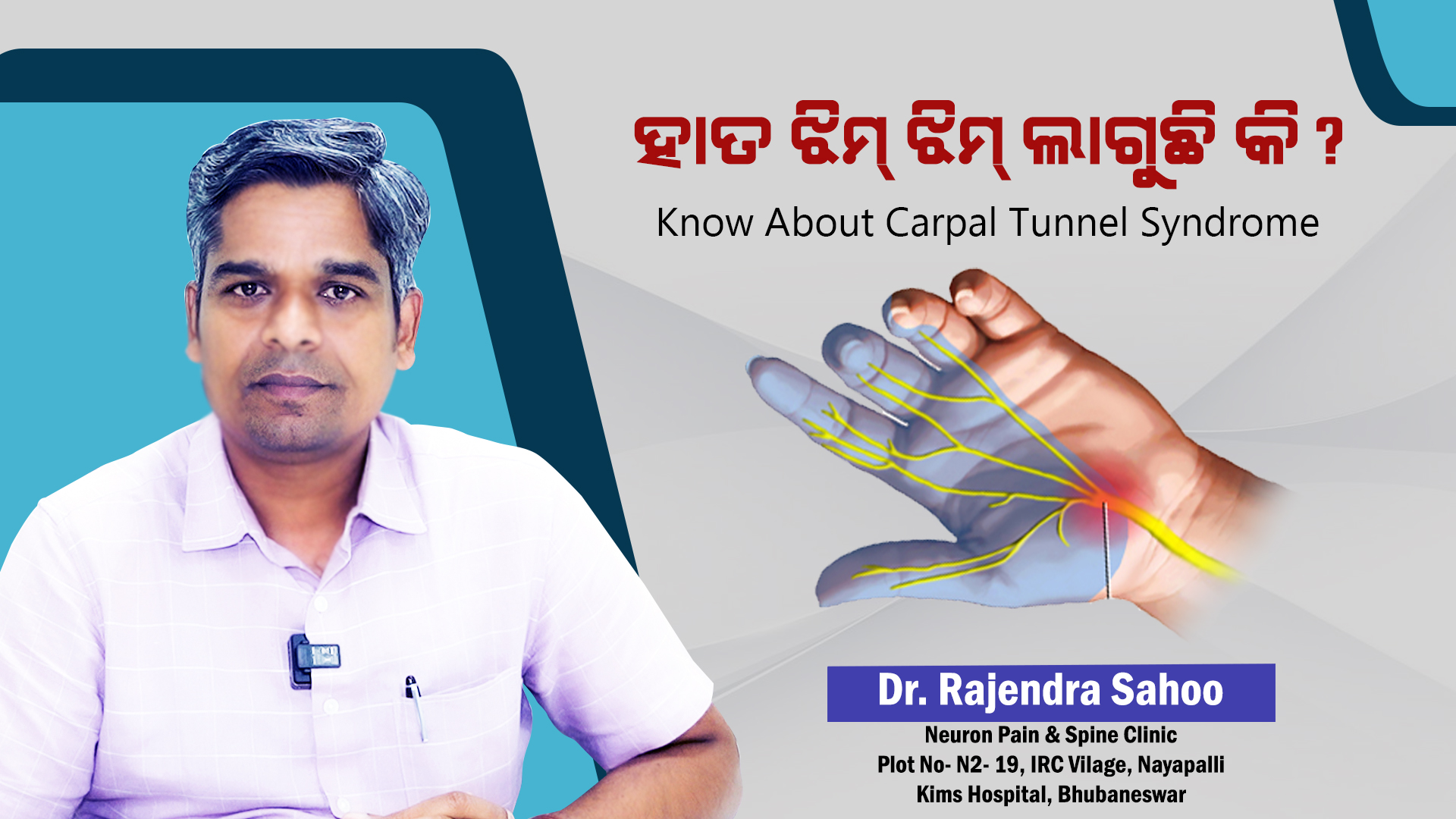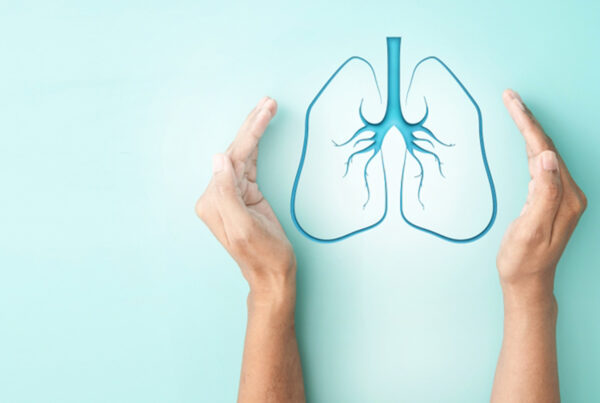Carpal tunnel syndrome is caused by pressure on the median nerve. The carpal tunnel is a narrow passageway surrounded by bones and ligaments on the palm side of the hand. When the median nerve is compressed, symptoms can include numbness, tingling, and weakness in the hand and arm.
The anatomy of the wrist, health problems and possibly repetitive hand motions can contribute to carpal tunnel syndrome.
Proper treatment usually relieves the tingling and numbness and restores wrist and hand function.
In most patients, carpal tunnel syndrome gets worse over time. If untreated for too long, it can lead to permanent dysfunction of the hand, including loss of sensation in the fingers and weakness. For this reason, it is important to diagnose and treat carpal tunnel syndrome promptly.
Early symptoms can often be relieved with simple measures like:
- Wearing a wrist splint while sleeping
- Exercises to keep the nerve mobile
- Avoiding certain activities that aggravate your symptoms
- A steroid injection into the carpal tunnel
If pressure on the median nerve continues, however, it can lead to nerve damage and worsening symptoms. To prevent permanent damage, surgery to take pressure off the median nerve may be recommended for some patients.
Most cases of carpal tunnel syndrome are caused by a combination of factors. Studies show that women and older people are more likely to develop the condition.
Other risk factors for carpal tunnel syndrome include:
- Heredity. This is likely an important factor. The carpal tunnel may be naturally smaller in some people, or there may be anatomic differences that change the amount of space for the nerve — and these traits can run in families.
- Repetitive hand use. Repeating the same hand and wrist motions or activities over a prolonged period of time may aggravate the tendons in the wrist, causing swelling that puts pressure on the nerve.
- Hand and wrist position. Doing activities that involve extreme flexion or extension of the hand and wrist for a prolonged period of time can increase pressure on the nerve.
- Pregnancy. Hormonal changes during pregnancy can cause swelling that results in pressure on the nerve.
- Health conditions. Diabetes, rheumatoid arthritis, and thyroid gland imbalance are conditions that are associated with carpal tunnel syndrome
Symptoms
Symptoms of carpal tunnel syndrome may include:
- Numbness, tingling, burning, and pain — primarily in the thumb and index, middle, and ring fingers. This often wakes people up at night.
- Occasional shock-like sensations that radiate to the thumb and index, middle, and ring fingers
- Pain or tingling that may travel up the forearm toward the shoulder
- Weakness and clumsiness in the hand — this may make it difficult to perform fine movements such as buttoning your clothes
- Dropping things — due to weakness, numbness, or a loss of proprioception (awareness of where your hand is in space)
In most cases, the symptoms of carpal tunnel syndrome begin gradually, without a specific injury. Many patients find that their symptoms come and go at first. However, as the condition worsens, symptoms may occur more frequently or may persist for longer periods of time.
https://orthoinfo.aaos.org/en/diseases–conditions/carpal-tunnel-syndrome/




